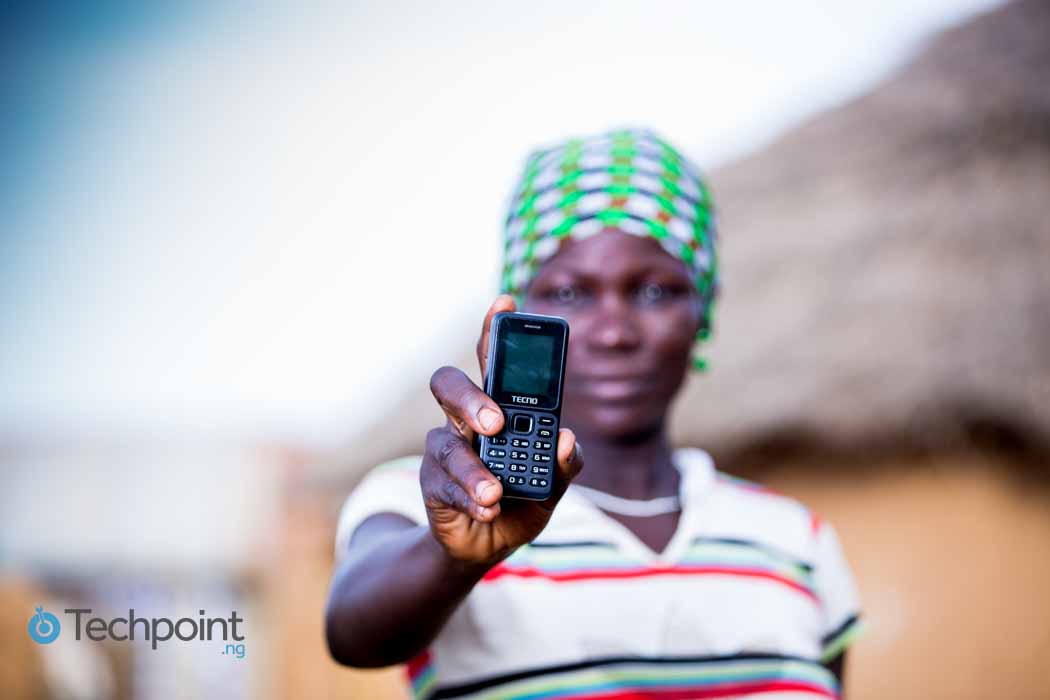Fintech
Top stories

Point of Sale (PoS) services are now prevalent in Nigeria, with an increasing drive for financial inclusion. @nifemeah finds out how to run a PoS business in Nigeria and shares how agents navigate the market to make a profit.

After a $1.5m seed funding in 2017 and $6.9m Series A in 2018 Nigerian lending platform, @lidyadotco, now boasts $16.45m in total funding since its launch.

Nigerian wealth-tech startup, Cowrywise, has secured SEC’s fund management licence. With plans to capture 10 million investors by 2025, it is launching a public API to digitise Nigeria’s investment operations.

Six months after a restricting court order and two months after an industry-wide warning, Nigeria’s SEC has issued its first fintech licence to investment-tech startup Chaka. What does this mean for the broader industry?

With a reported $5.9 billion worth of transactions, Nigerian fintech, TeamApt has almost doubled its numbers for the entire 2020 in just two months in 2021. What’s next? A challenging foray into digital banking and a Francophone Africa expansion

From Q3 2021, Nigerian fintechs without defined regulations must undergo incubation before operating
.@SECNigeria has issued a new framework mandating fintechs operating in regulatory grey areas to undergo an incubation program. This will begin in Q3 2021 and could affect lending, investment, and API fintechs.

Nigeria’s banking regulator’s latest licensing requirements have been met with several reactions in the last 72 hours. We look at what this means for fintechs and whether the reactions are warranted

With $3 million funding from a sole investor, MFS Africa, Maviane wants to extend its reach across Central Africa. But could this be a ploy by MFS Africa to slowly dominate fintech on the continent?

Nigerian streaming platform, @uduXmusic, in partnership with @PiggyBankNG and four others, launches PopRev to help artistes build equity from fans’ investments while fans also make profits.

Nigerian-founded AI insurtech startup, @curacelai has raised $450k pre-seed led by Atlantica Ventures and Consonance for continental expansion and insurance inclusion in Africa.

Africa-focused digital lending company, Fairmoney, recently expanded to India. Nigerian-German CEO, Laurin Hainy, talks us through expanding to new markets and plans to eat market share from cash in Nigeria.

Nigerians, other African merchants can now accept payments from PayPal users across the globe as @theflutterwave partners @PayPal

Finding success with Monnify and Moniepoint, TeamApt has made plans to shift its focus from bank products to direct consumer and business-facing ones. Also, there are plans to expand across West and North Africa.

OnePipe aggregates APIs from banks and fintechs into a unified gateway that makes partnerships seamless. Here’s why the Techstars-backed startup raised $950k in pre-seed investment and its plans to foster collaboration.

‘Revolutionising Nigeria’s microfinance landscape through #Insurtech’ by Aderemi Fagbemi and Anthonia Udeh for @TopeAdebayoLLP (Techpoint Africa Publishing Partner).

Against the backdrop of a market filled with uncertainty and confusing policies, US payments giant, Stripe, acquired Nigerian payments company, Paystack. How will this shape future policies that affect startups?

For many in the Nigerian tech ecosystem, it was just a matter of time before this happened. Stripe, the lead investor in Paystack’s Series A funding has acquired the Nigerian payments startup for a rumoured $200m.

Data from Techpoint Africa’s West African Startup Decade Report reveals that 35% of West African startups that have raised up to a million dollars are in the financial services sector. But what does the future hold?

In the past few years, Nigeria’s fintech sector has grown in leaps and bounds, and has become the main attraction for VC investments. Despite the range of services, gaps in financial inclusion persist

Nigeria’s Apex bank made minor changes to the licensing regime for payment service banks. While there are some positive provisions, the policy leaves a lot to be desired given its goal for financial inclusion
